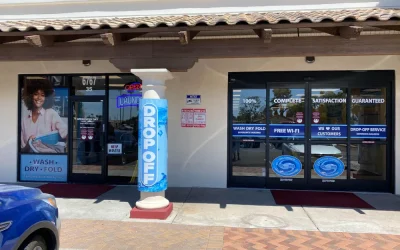If you want to bond two like films or fabrics together, you have a few options. One choice is to seal the items one to the other. Two methods of sealing are commonly applied in industry. The first is direct heat-sealing. The other is impulse sealing. Both are capable of jointly sealing a variety of materials together to produce a specific product or device.
Different Types of Impulse Heat Sealers
Impulse heat sealers are responsible for providing the means through which an operator can unite two materials or films. The basic components are heating elements – usually one or two composed often of Nichrome. The sealing jaws clamp down on the film or fabric. The material remains there due to pressure while heat circulates through the heaters for a specific time at the exact temperature required to ensure the materials fuse.
Impulse sealers have a wider range of materials with which they can work than do other types of heat sealers. Within this category, impulse heat sealers are categorized according to the material they are capable of sealing and/or method of application. Among the most common types are:
* Hand sealers: As the name indicates, these are manual sealers. They are best employed with poly material – but only up 10mil thick
* Pedestal Type / Foot sealers: The name, again, indicates the method of employment. They are capable of sealing poly materials up to 15mil thick
* Auto sealers: These basic impulse sealing machines are restricted to poly material of 15mil thick
* Double impulse sealers: These have both foot and automatic options. They can seal poly material that is a maximum of 20mil thick
Several firms prefer to utilize double impulse sealers.
Materials Used for Impulse Heat Sealing
Material best suited for impulse heat sealing are those that are listed as having a melt index of less than 700°F. Among the materials most suited for this method of sealing are the following:
* Kel-F
* Mylar
* Nylon
* Polyethylene
* Polyflex
* Polypropylene
* Polytetrafluoroethylene
* Polyvinylchloride
* Pilofilm
* Polyvinyl Alcohol
* Saran
* Tyvek
Essentially, impulse sealers are excellent for sealing almost any thermoplastic material. It works with thermoplastic films, fabrics, foams, laminates non-wovens, and heat reflecting materials.
Impulse Sealing Systems
Impulse sealing is a popular method of easily and quickly joining various films and fabrics. Among the more common applications are found in the medical, safety and service fields. Medial fluid and specimen collection bags as well as emergency escape hoods are two of the applied uses of impulse sealing systems that help people make a difference in life-and-death situations.






